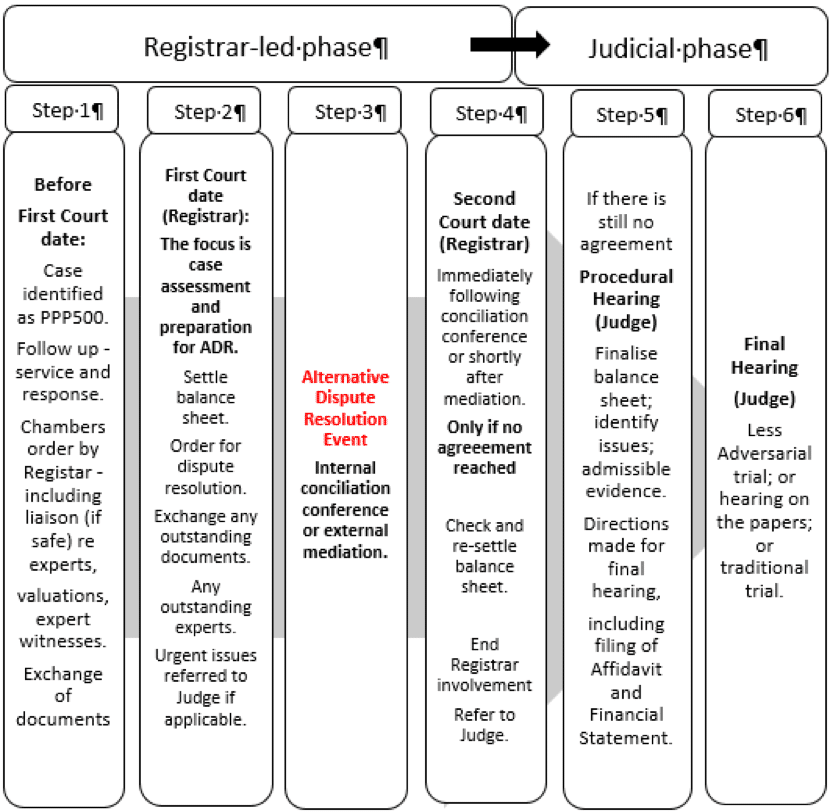The “war” regarding pets within bodies corporate has been seething for a long period of time.
This “war” continues as a result of a recent case in NSW. I am not going to bore you with the details of Cooper’s case1 as they have been widely reported and commented on in other forums2. If you would like to, you can read the full 55-page decision: see footnote.
However, this NSW Court of Appeal decision is not just another “dog case”. What I particularly want to discuss in this article, is what guidance can we obtain from the judiciary regarding by-laws and how do we implement that guidance in the future?
Due to the Covid-19 pandemic, people have been spending a lot more time in their residential accommodation and consequently, everyone wants a pet!
In NSW and VIC, walking an animal became one of the few outdoor activities that was tolerated under the restrictions. For people’s mental health, the joy of keeping a pet in their residential accommodation has been a priority to many.
So how does this impact within our Strata world? Basically, more people are seeking to have a pet (or two) within their scheme.
As a consequence, all bodies corporate (through their committee) should look at the wording of their “pet/animals” by-law and ensure that it is suitable for their scheme.
How do you enforce a pet by-law?
The starting point is to make sure your by-laws are drafted properly. The Judges in the Cooper’s Case were critical of the language used in the pet by-law (ie, how the pet by-law was drafted), but their comments went even further. Specifically, stating “the language of S136(1) is awkward” – see below:
“1363 Matters by-laws can provide for
-
-
- By-laws may be made in relation to the management, administration, control, use or enjoyment of the lots or the common property and lots of a strata scheme.
- A by-law has no force or effect to the extent that it is inconsistent with this or any other Act or law.
The subject matter of the by-laws appears to be three functions (management, administration and control) operating in relation to specified subject-matter (lots, or common property and lots, within a strata scheme).”
The language is deemed “awkward” because it does not aid the drafter of by-laws. Can I really draft a by-law that impacts on the “enjoyment of a lot”? I think not.
Although the Judges were commenting on NSW strata title laws, these are very similar to the laws in our QLD legislation. As a result, the Cooper’s Case provides us with guidance regarding how to draft a valid and enforceable by-law.
The starting point being that a lot owner’s indefeasibility of title with respect to the right of what they can and cannot do within their Lot must not be constrained by the power to make a by-law.
In other words, a by-law cannot impact on the individual rights of lot owner. By-laws are a necessary and useful tool within a Body Corporate to assist the committee in regulating common property activities and the relationships between owners, residents and other stakeholders in a scheme. By-laws need to be carefully drafted and should not simply be copied from someone else’s scheme. Also, by-laws should not deal with (or be reactive to) a one-off situation.
By-laws cannot ban pets
Once you have a well drafted pet by-law, if a resident (owner or occupier) would like to keep a “pet”, then it will make a “pet” application to the committee. Due to Cooper’s case, the committee will actually need to properly consider the application on its merit.
When we are dealing with dogs, the committee will also need to consider other legislation. For example, if a person has a recognised disability under the Guide, Hearing and Assistance Dogs Act 2009 (QLD) and relies upon the animal for assistance, the person does not need to ask permission before bringing a guide, hearing and/or assistance dog into the Body Corporate.
Certified guide dogs (either in training or fully trained) with their approved handlers have the right to enter public places, public passenger vehicles and places of accommodation. This includes shops, cinemas, cafes, restaurants, clubs, holiday accommodation, rental accommodation, Body Corporate buildings, taxis, planes, public transport and entertainment and sports venues.
The Guide, Hearing and Assistance Dog Act 2009 protects these rights and imposes penalties for people (including bodies corporate) that breach this legislation.
For a committee to appropriately identify a certified dog, look for the round blue and white cloth badge and/or harness for guide, hearing and assistance dog’s (there may also be other dog badges or brandings).
An approved handler (including those who have an alternative handler helping them to physically control the dog), trainers, and puppy carers, accompanied by a certified dog or dog in training must always carry an approved guide, hearing and assistant dog’s identify card.
It is for the committee and lot owners to understand that certified guide dogs, hearing dogs and assistance dogs are governed and protected by the Guide, Hearing and Assistant Dogs Act 2009 (QLD) – please ensure these individuals and their animals are protected from discrimination.
Concerns abouts pets
Owners and occupiers often have a range of concerns about having animals (including dogs) in a Body Corporate. The main issue for a Body Corporate appears to be the likelihood of a negative impact upon the common property or maybe a person living at or visiting the Body Corporate.
In my view, the majority of these genuine concerns of Lot owners can be appropriately addressed and eased by setting reasonable conditions within the by-law.
What about a companion animal?
A “companion” animal is very different to a certified or approved assistant animal.
An emotional support animal (including a dog) provides support through companionship and it can help ease anxiety, depression and certain phobias. A guide dog (which is a service dog) is generally allowed anywhere the public is allowed.
However, Emotional Support Animals (ESAs) are not.
For example, ESAs generally cannot accompany their owners into restaurants or shopping malls.
ESAs refer to dogs and other pets that provide emotional support and comfort to their owners on a daily basis. ESAs legally must be prescribed by a licensed mental health professional like a therapist, psychologist or psychiatrist.
Service dogs (i.e. guide dogs) have been trained to perform specific tasks for individuals and as such are usually granted access to go anywhere their owner goes.
This is different to an emotional support animal because it does not require any specific training.
Where to from here
Dealing with a beloved family pet requires the Lot owners and a Body Corporate Committee to be fair, compassionate and objective. Obviously, the starting point is having an appropriately well worded, delicately drafted by-law. Pursuant to the by-law, an owner, occupier or a guest (in other words any invitee) to the Body Corporate will be entitled to have their guide, hearing and assistance dog on-site to assist the person with the services for which the dog has been trained.
This is very different to the position where the invitee to the common property of the Body Corporate has a companion pet.
The Lot owner or occupier who has the companion pet will need to complete an appropriate pet application and such a pet will be subject to the same conditions as all other residents within the building.
For the purposes of our Queensland Body Corporate Legislation, there is no difference between a treasured family pet and an emotional support animal.
OMB Gold Coast lawyers specialises in acting for bodies corporate and preparing well worded and delicately drafted by-laws. If you require any assistance with your by-laws, please do not hesitate to contact our Body Corporate Lawyers Gold Coast.
——————————————–
1 https://www.caselaw.nsw.gov.au/decision/1750ba2de664989200f239fb
2 Cooper v The Owners – Strata Plan No 58068 [2020] NSWCA 250 (23 September 2020)
3 Strata Schemes Management Act NSW






















